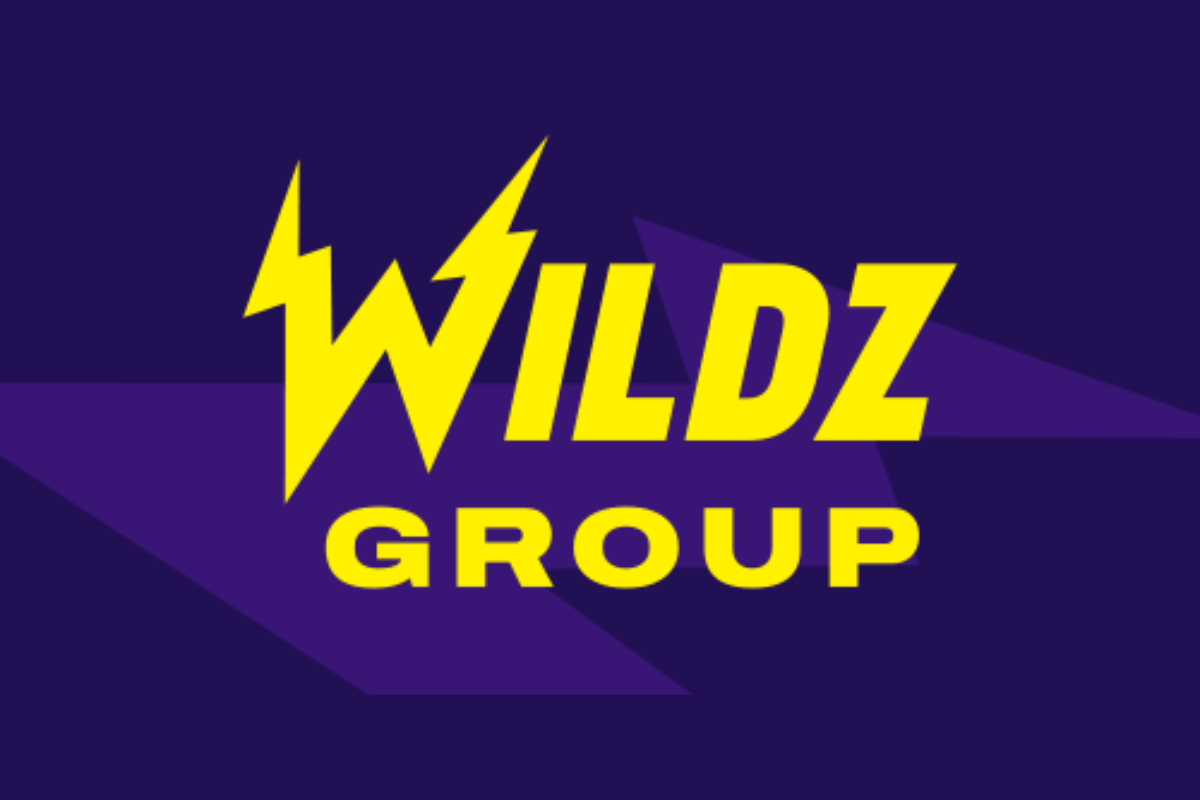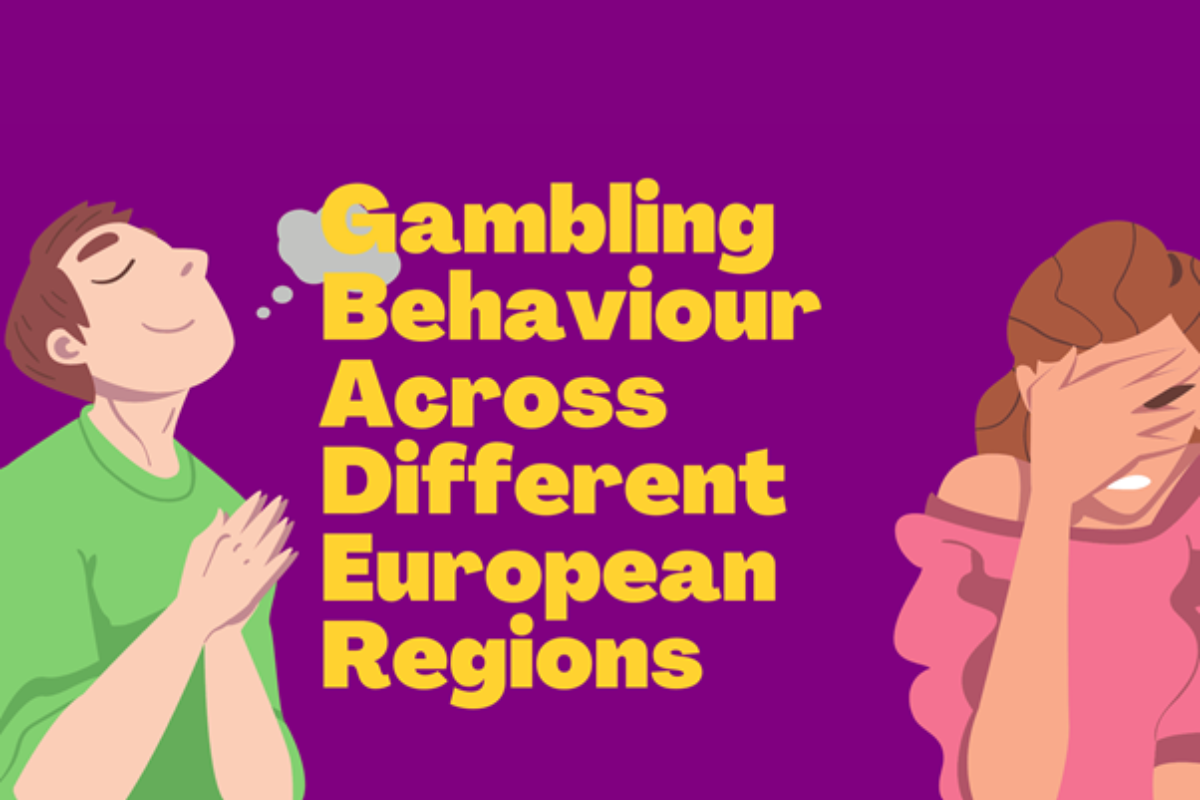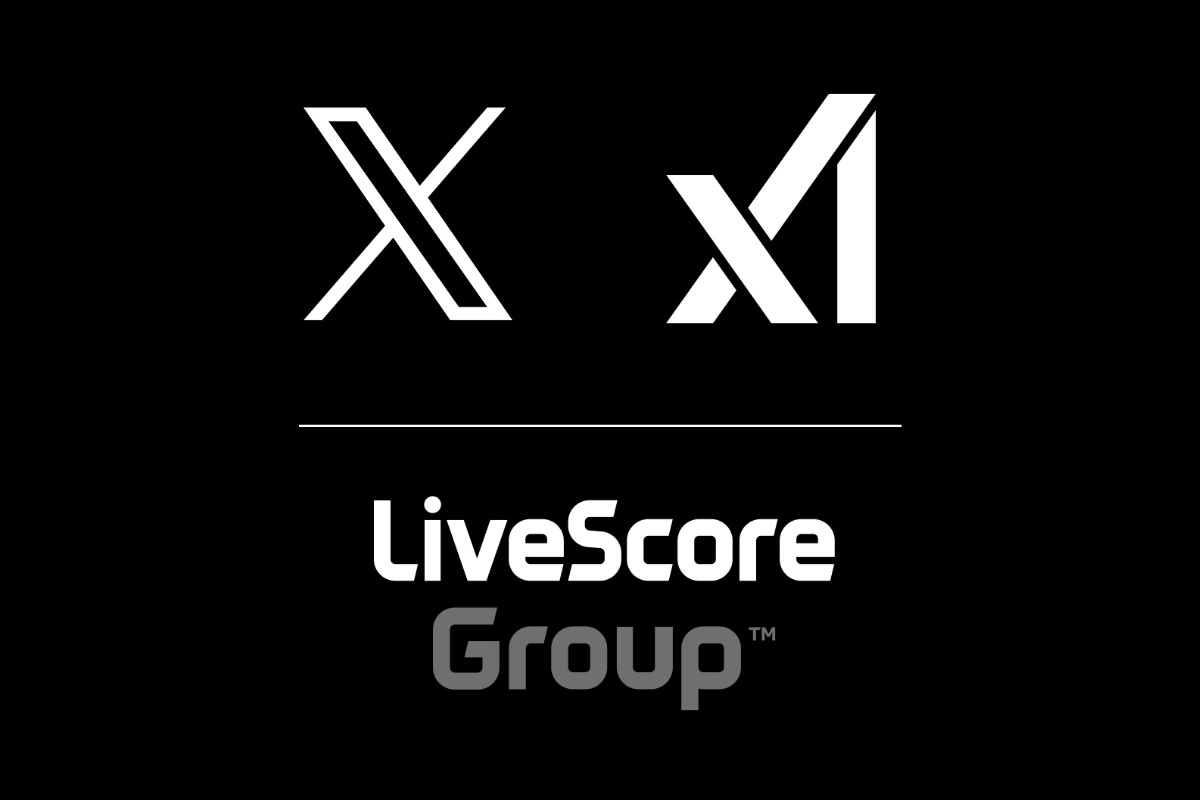Compliance Updates
ASA: new standards protecting children from irresponsible gambling ads

The Advertising Standards Authority has published new standards to protect children and young people from irresponsible gambling ads.
This follows a review of the evidence on advertising’s impact on under-18s and rulings by the Advertising Standards Authority. The last review was carried out in 2014.
The evidence suggests that exposure to gambling ads that comply with the UK’s Advertising Codes is, of itself, unlikely to harm under-18s. Targeted restrictions are still required, however, to address the potential risks associated with irresponsible advertising. While the advertising rules don’t need to change, we have introduced new standards to strengthen how they apply in practice.
The new standards:
- prohibit online ads for gambling products being targeted at groups of individuals who are likely to be under 18 based on data about their online interests and browsing behaviour;
- extensively list unacceptable types of content, including certain types of animated characters, licensed characters from movies or TV and sportspeople and celebrities that are likely to be of particular appeal to children, and references to youth culture; and
- prohibit the use in gambling ads of sportspersons, celebrities or other characters who are or appear to be under 25; and
- adds to existing guidance on the responsible targeting of ads, covering all media (including social networks and other online platforms)
In particular, the standards provide examples of scenarios to help advertisers understand what they need to do to target ads away from under-18s. For example:
Social media – gambling operators must use all the tools available to them on a social network platform to prevent targeting their ads at under-18s. This includes both ad targeting facilities provided directly by the platform based, on their platform users’ interests and browsing behaviour, and tools that restrict under-18s’ access to marketers’ own social media content.
Parts of websites for under-18s – gambling operators should take particular care to avoid placing their ads on parts of websites of particular appeal to under-18s. For example, a football club’s website might have a strongly adult audience in general, but it would be inappropriate to place gambling ads in pages dedicated to younger supporters.
Social and online gaming – gambling-like games or games that feature elements of simulated gambling activity are often popular with children and young people. Such games should not be used to promote real-money gambling products. Where social and online games feature marketing communications for gambling games, they should not be directed at under-18s.
Influencers – gambling operators should take particular care when identifying influencers to promote their products or brands. They should take into account the influencer’s likely appeal and obtain audience data (for instance, the age-breakdown of a follower or subscriber-base) to ensure that under-18s are not likely to comprise more than 25% of the audience.
Affiliates – responsibility lies with gambling operators to ensure that affiliates or other third parties acting on their behalf to publish or disseminate ads that comply with the advertising rules.
The new standards will come into force on 1 April 2019.
Director of the Committees of Advertising Practice, Shahriar Coupal, said:
“Playing at the margins of regulatory compliance is a gamble at the best of times, but for gambling advertisers it’s particularly ill-advised, especially when the welfare of children is at stake. Our new standards respond to the latest evidence and lessons from ASA rulings, and require that greater care is taken in the placement and content of gambling ads to ensure they are not inadvertently targeted at under 18s.”
The new regulatory statement should be read in conjunction with:
- Protecting Children and Young People – Gambling Guidance (Annex A)
- Gambling Guidance Letter to DCMS (Annex B)
-

 Asia7 days ago
Asia7 days agoDigital gaming disruption tackled in 1st AsPac Regulators’ Forum
-

 Africa7 days ago
Africa7 days agoBetKing Renews Ikorodu City FC Partnership for 2025/26 NPFL Season
-

 Compliance Updates7 days ago
Compliance Updates7 days agoKongebonus statement: Norway’s election result signals gambling policy continuity, but licensing debate is set to intensify
-
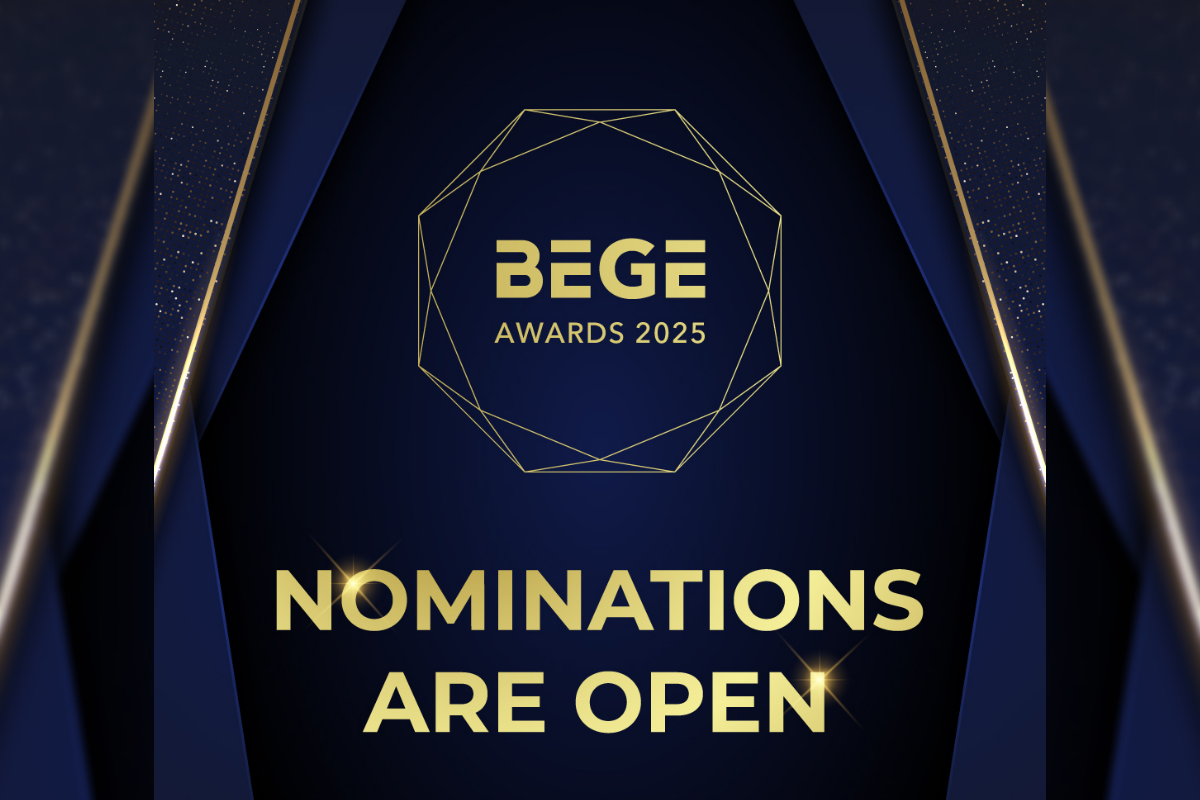
 Balkans7 days ago
Balkans7 days agoBEGE Awards Nominations Now Open – Celebrating 16 Years of Industry Excellence!
-
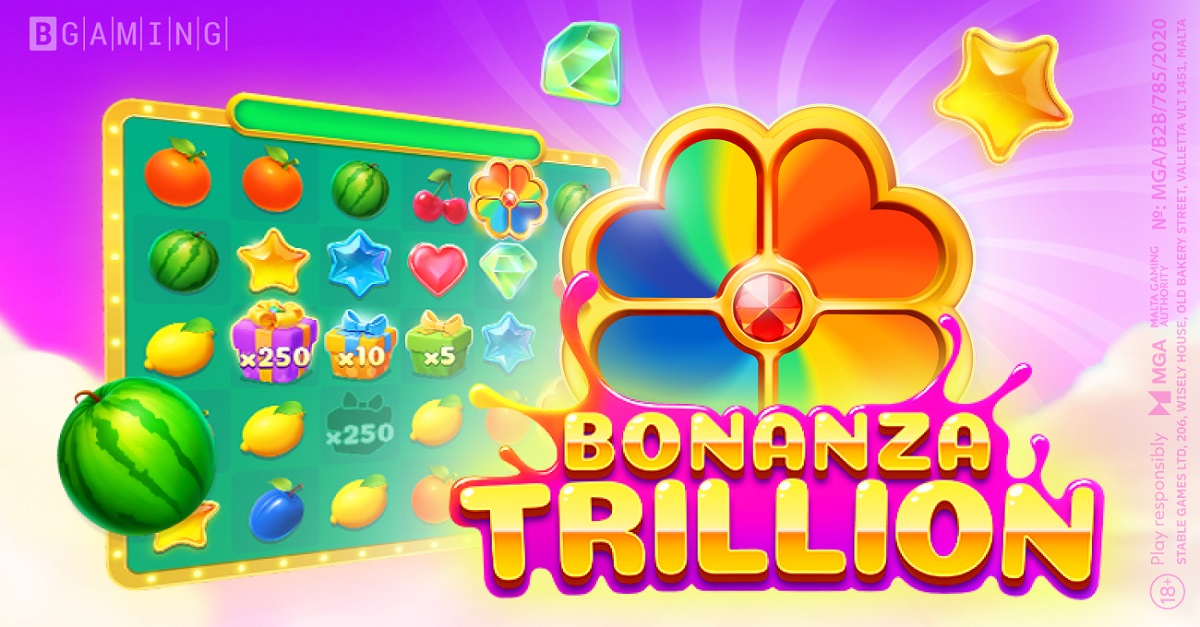
 Latest News7 days ago
Latest News7 days agoWin a Fruity Fortune in BGaming’s Bonanza Trillion
-

 Latest News7 days ago
Latest News7 days agoAnswer the Call of the Wild: ELA Games Unveils Its Latest Game “Buffalo Force”
-
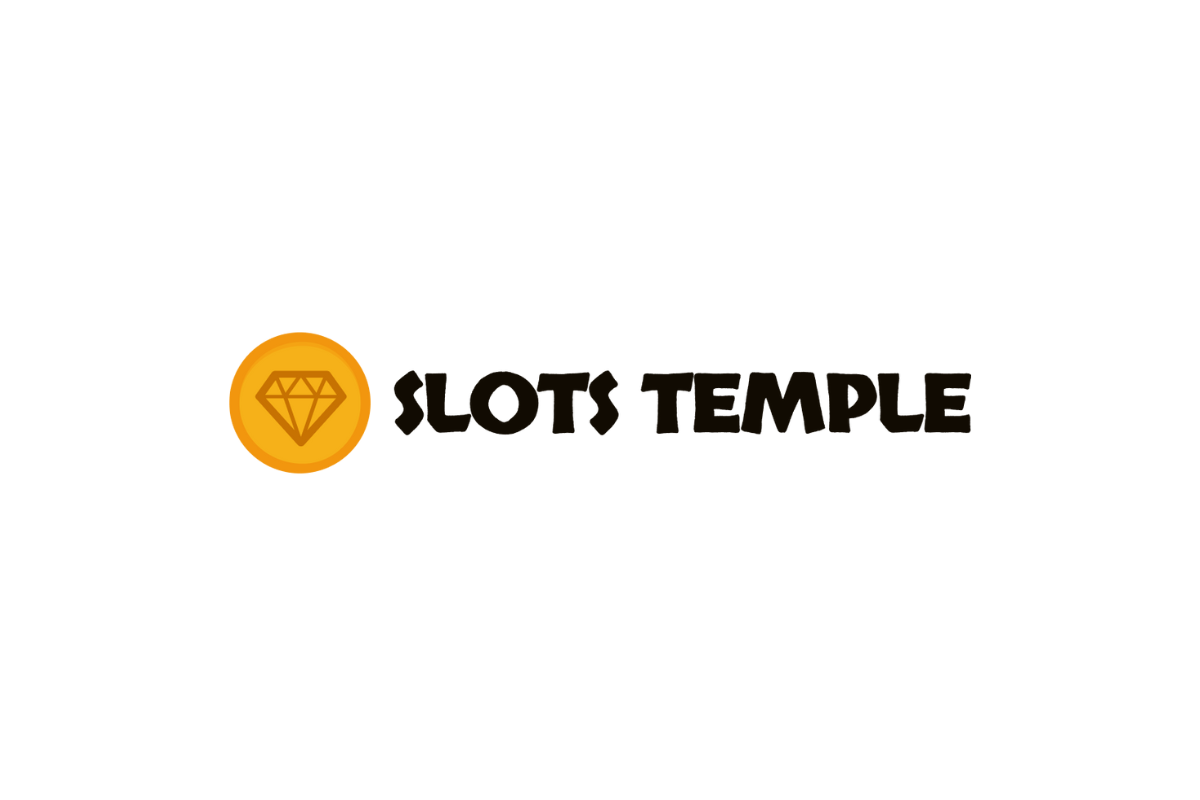
 Latest News7 days ago
Latest News7 days agoSlots Temple Announces Exclusive Free-to-Play Tournament Partnership with Pragmatic Play
-

 Latest News7 days ago
Latest News7 days agoSaddle up for big wins under the Bison Moon with the latest slot from Northern Lights Gaming











